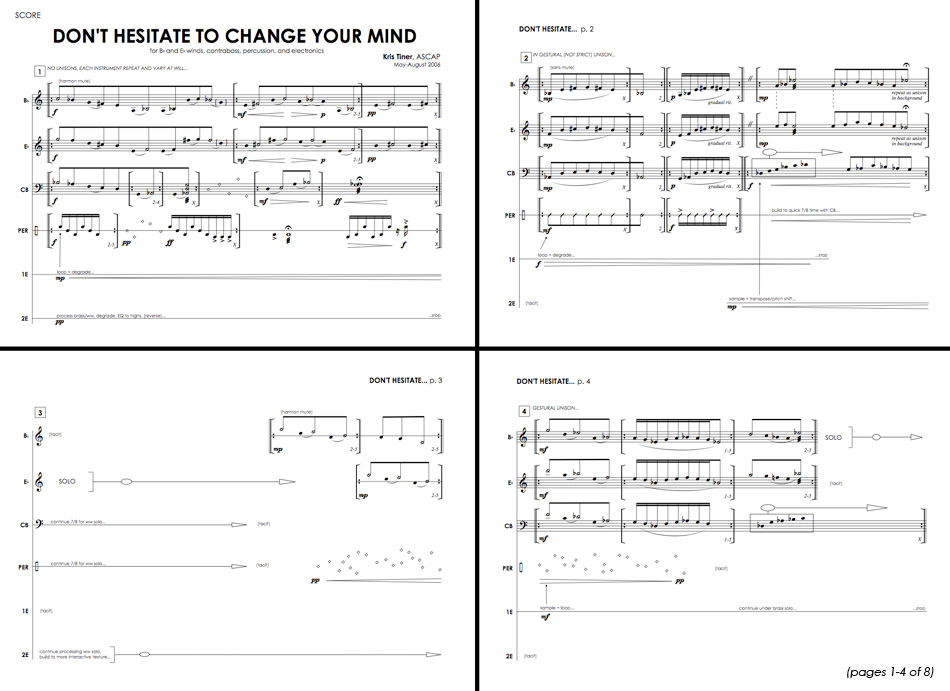Tin/Bag (Kris Tiner-trumpet/Mike Baggetta-guitar) recently completed a brief tour of the Northeast (our itinerary and press were detailed in a previous post), this time supported by a Subito Quick Advancement Grant from the Los Angeles/SF Bay Area chapters of the American Composers Forum to fund the recording of a new set of compositions at Systems Two studios in Brooklyn.
It was great to revisit this project, as we have only played together once since our last extensive tour in the Fall of 2007. Just three performances were slated for this trip (Syracuse, NY – Pittsfield, MA – New York, NY) but they all went quite well; the old music felt fresh again and we were able to get a good handle on some new material. There is an audio recording (and photos, apparently) from the Syracuse show, and a forthcoming All About Jazz review of the NYC show, so I will update this post when all of that becomes available. The photos from the Pittsfield show above are courtesy of Caleb Hiliadis of the Kaleidoscope of Environments blog.
Our studio session couldn’t have gone better. Joe Marciano and his crew at Systems Two are all fantastic, the room sounds amazing, and you would not believe the gear they have on hand. My mic setup was a blend of a vintage RCA 44 ribbon mic (abt 20%) and an RCA 77-DX (abt 80%) which once belonged to John Coltrane and was reputedly in use on many of his classic RVG sessions (see the pics above… they also put up a modern condenser mic that we didn’t end up using). This was absolutely the best trumpet sound I’ve ever gotten in a studio! And audiophiles take note: everything was mixed live to two-track, with practically zero postproduction aside from a few slight dynamic tweaks. We are aiming for a late 2010 release on this, more details coming soon…
Here is a preview some of the music we recorded. This is “Maslow” from my Transpersonal Suite, a series of compositions each dedicated to and inspired by the writings of a different theorist/philosopher/guru. This suite was the basis of my proposal for the Subito grant:
In all, eight originals were recorded; I had one other composition in addition to the 5-part suite, and Mike brought two new pieces. The ninth and final track on the album is “Just Like A Woman”, a Bob Dylan song that we have been performing together for several years. This was the last thing we tracked, and I finally had the good sense to turn on the video camera as we got into it. Enjoy…

























